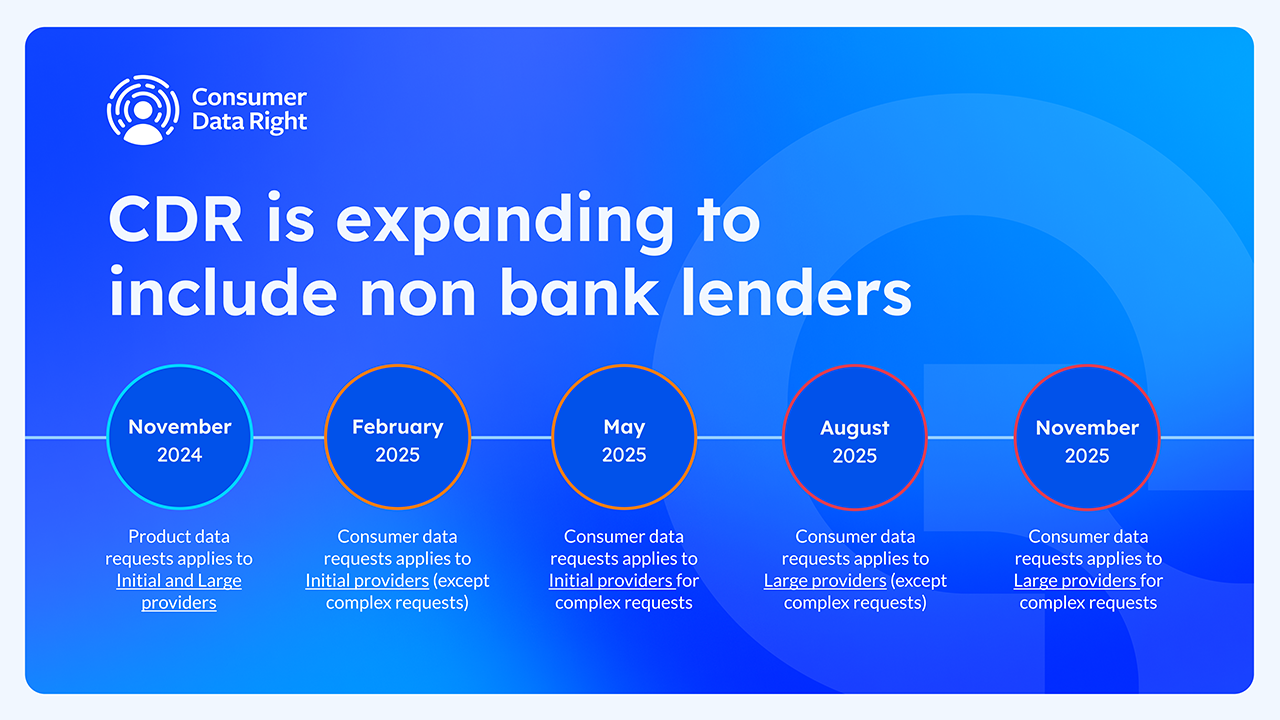Rethink lending with Basiq Affordability
By partnering with Basiq to leverage open banking data, it is possible for lenders to increase the speed to approval as well as the likelihood of approval for more Australians.
Increasing the speed of home loan approvals
As a result of tightening credit policies and regulatory conditions, lenders are under increasing time and cost pressure, with mortgage brokers saying the time to approve loans has more than doubled. In addition, home loan growth in Australia has been the weakest on record since late 2015.
By partnering with Basiq to leverage open banking, it is possible for lenders to increase the speed to approval as well as the likelihood of approval for more Australians.
Basiq provides a range of products, from consent-driven access to bank transaction data to income calculation, expense categorisation and even a multi-bank Affordability report detailing an applicant’s full financial health.
These capabilities can be easily integrated with existing decision engines and credit policies to reduce the burden on borrowers and streamline the loan application process for lenders.
Basiq provides an objective view of a borrower’s financial position
The advantage of using actual bank transaction data is that it eliminates the need for guesswork when it comes to a borrower’s income and expenses. It also means that loan applicants no longer need to spend time compiling their bank statements across accounts and financial institutions in order to obtain a loan.
For mortgages, applicants are often required to provide details on their income, expenses, assets and liabilities. Considering almost two-thirds of Australians bank with more than one bank, analysis of this information often needs to be repeated across financial institutions. As a result, lenders struggle to take into account a full, aggregated picture of an applicant’s financial position.
Another issue that arises when using payslips to assess mortgages is that there is no aggregated, long-term view of a customer’s financial health. This makes it hard to identify an applicant’s full affordability. Using this approach, an account executive may only be approved for a $700k mortgage due to a base salary of $130k, even though he regularly makes $150k in income based on his commission cheques.
In order to bring a wider range of incomes into visibility, Basiq calculates income based on analysis of actual credits across all accounts and institutions. The income series that are identified tell the full story. In the aforementioned scenario Basiq can analyse historical data to help determine that the applicant is actually suitable for a loan more than double the size originally offered.
When it comes to expenses, Basiq offers market leading expense categorisation over a period of up to 2 years. This means that rather than reducing the number of loans being approved, a full financial picture can enable a bank to make more informed decisions. This is only possible if a data aggregation vendor uses pattern recognition and machine learning across multiple data sources across an extended period of historical data.
When customer insights from bank transaction data are used effectively, banks can more easily identify when there are anomalies that shouldn’t negatively impact a customers’ ability to obtain credit. Examples include one-off large purchases, an extended holiday, manageable spending in risky categories like gambling.
For example, applicants who are travelling will have significantly increased spend for that period of time. By understanding where expenses are going and how regular they are, it is possible to better understand an applicant’s capacity to save and subsequently service a loan. A long-term view is also particularly important for home loans, considering the rising popularity of 40-year mortgages.
In addition, banks can identify profiles of profitable customers with a strong ability to repay based on data analysis and use this data to approve and focus on the right customers going forward.
With open banking being rolled out and the recent passing of the Consumer Data Right bill it is more important than ever to start innovating to stay competitive.
Editor’s note: Since writing, mortgages and other large personal loans are no longer subject to ASIC’s responsible lending obligations, increasing the focus on borrower responsibility.
These changes are supposed to provide consumers with easier and faster access to credit but this is only possible if the focus on compliance pressure shifts to innovation. Basiq will continue to drive technical innovation to a) make accessing credit easier and b) help customers make better financial decisions.



